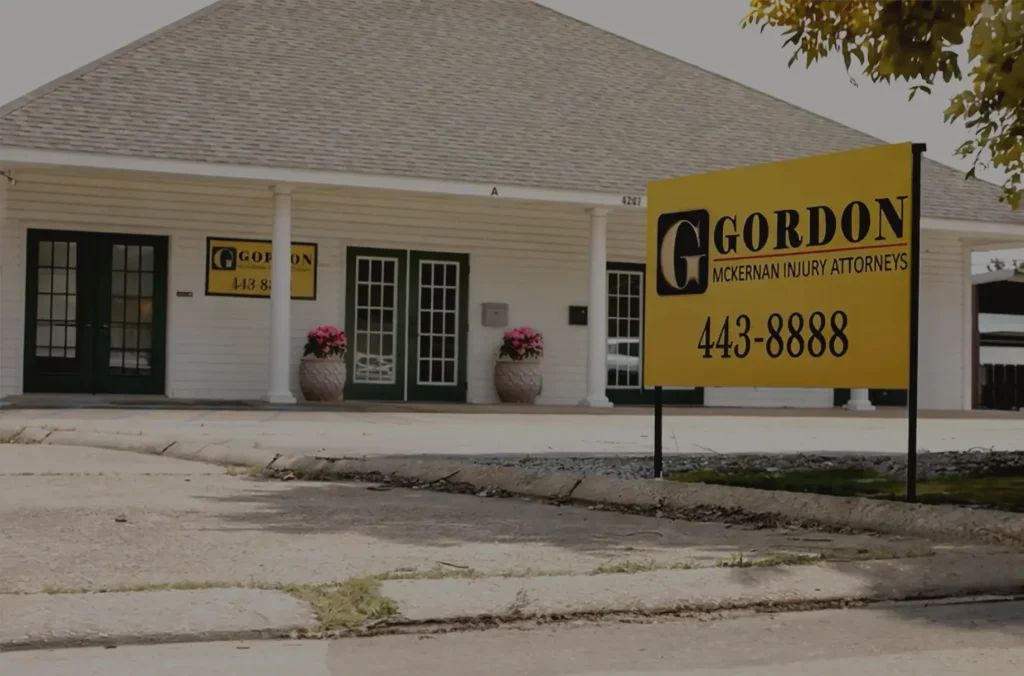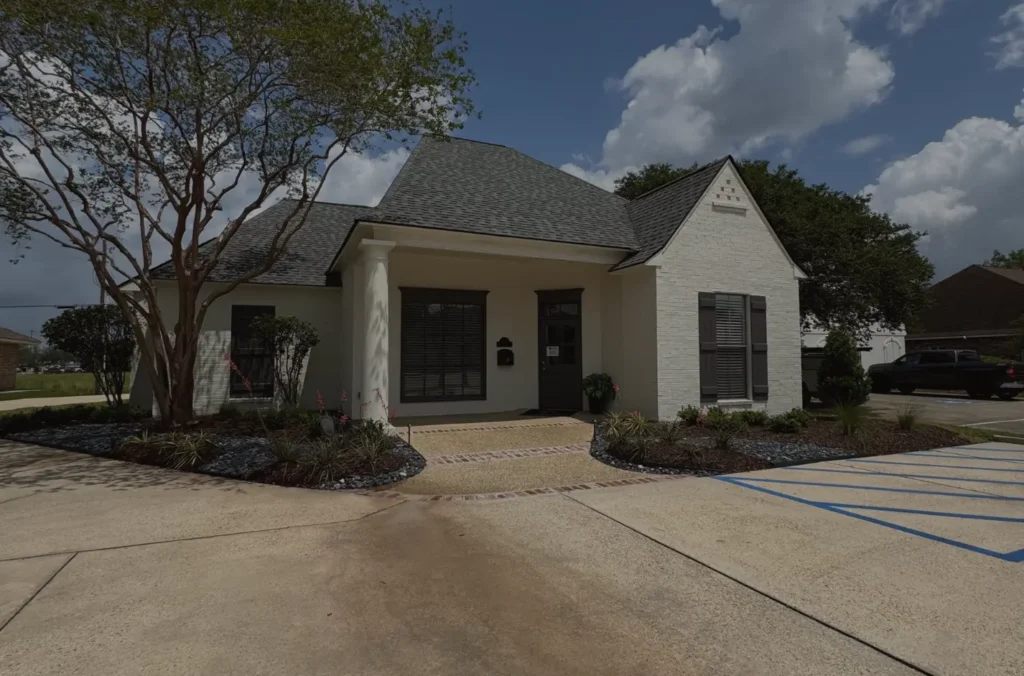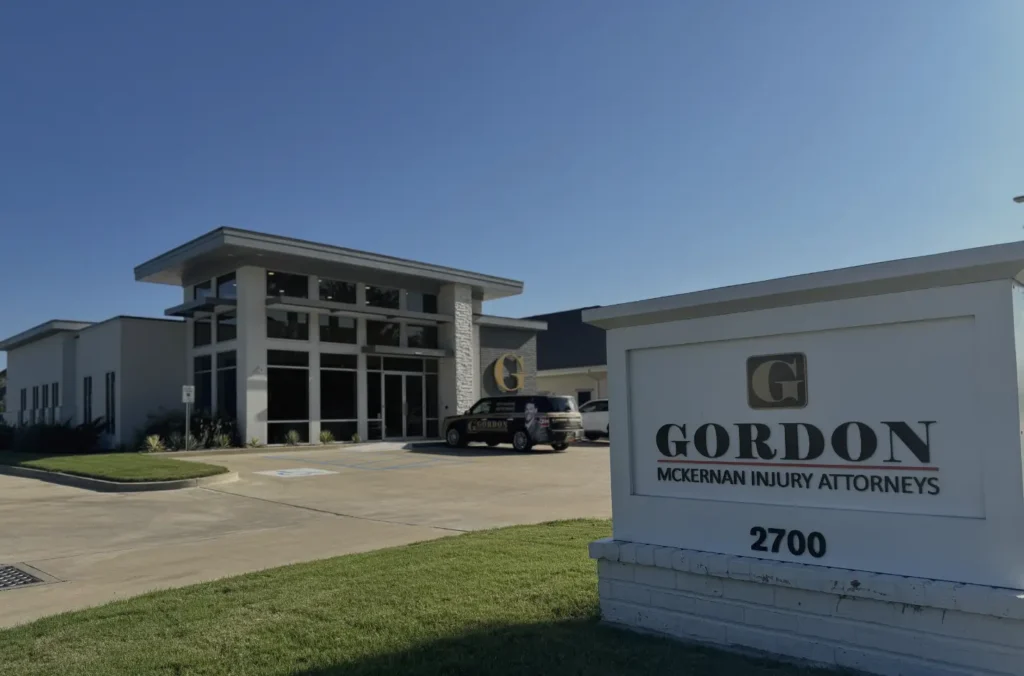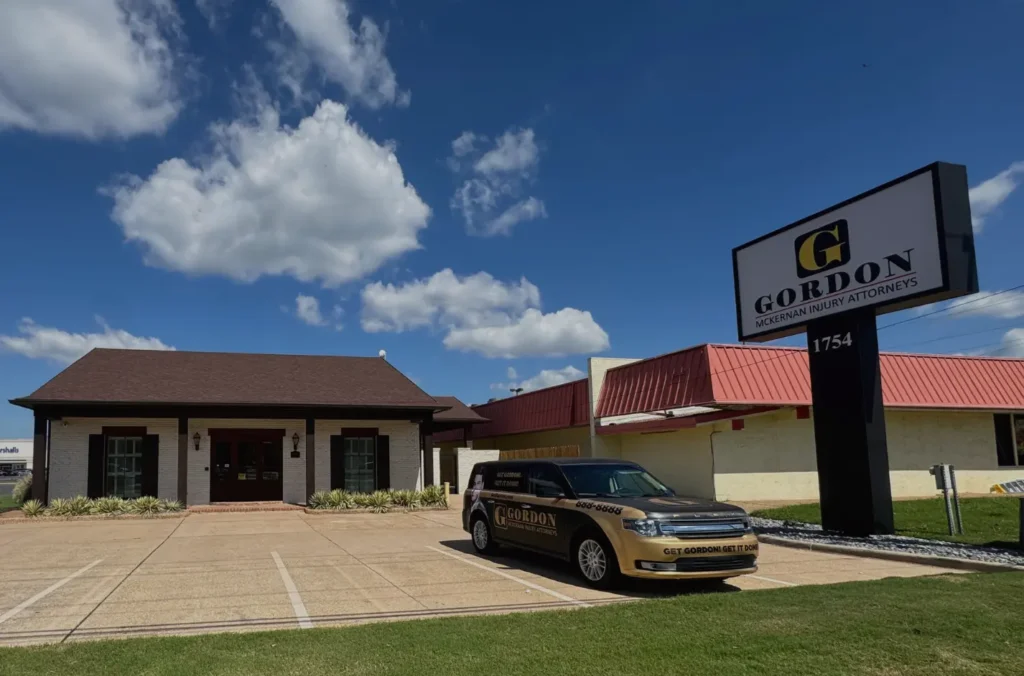Common Signs of Nursing Home Abuse
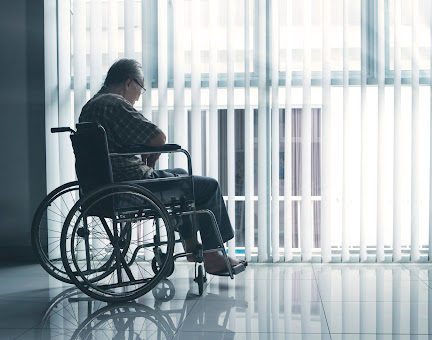
Placing your elderly loved one in a nursing home or assisted living center can be a difficult but necessary decision. Many families turn to the assistance of a nursing home only when their loved ones lose the ability to care for themselves and need care the family simply cannot provide.
While the vast majority of nursing homes provide a necessary service for American families and the elderly, nursing home abuse is tragically all-too-common. If you suspect your loved one of suffering abuse, call an experienced nursing home neglect and abuse lawyer as soon as possible.
Of course, in order to detect it you need to know the signs of nursing home abuse. Below, we’ll walk through some of the most common signs of elder abuse to look out for when you’re visiting your loved one.
Dehydration or Malnutrition
Water is absolutely vital to survival: it regulates our bodies’ temperatures, lubricates our joints, protects our tissues, and much more. When the body doesn’t get enough water to properly function, dehydration sets in. Physical symptoms of dehydration can include the following:
- Dry mouth
- Thirst
- Dry or papery skin
- Infrequent urination with dark yellow urine
- Irritability and confusion
- Delirium
- Fast breathing
- Low blood pressure
- Inability to sweat
Dehydration is a common issue in elderly nursing home patients, and can be a sign of extreme neglect. As part of caring for their patients, nursing homes bear the responsibility of ensuring their residents drink enough water. Older people can lack a strong thirst drive, and might not show any outward symptoms of dehydration—but chronic dehydration can lead to a host of health problems, including seizures, brain swelling, kidney failures, and coma.
Even if a resident has enough water, they can still suffer malnutrition, or a paucity of nutrients in the body. Malnutrition is another possible sign of nursing home neglect, with around 85% of nursing home patients suffering from malnutrition. It can lead to fatigue, weight loss, yellow skin, white fingernails, and bedsores.
When malnutrition and dehydration are combined in cases of neglect, the results can be especially deadly: between 1999 and 2002, around 1,400 nursing home residents died from the complications of combined dehydration and malnutrition.
Bone Fractures and Bruises
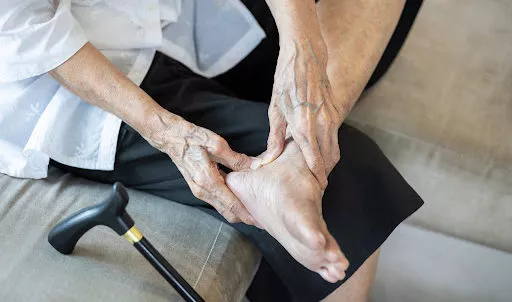
Bruises, fractures, and breaks are common signs of physical abuse. Nursing homes that take care of their residents should have a low incidence rate of broken bones and bruises.
Often, these injuries result from slip and fall accidents, bumps, and other injuries. Falls can break a patient’s hip, which can result in death—thus, nursing staff should do everything they can to prevent resident falls.
Older people are more likely to bruise than younger people due to their thin and delicate skin, as well as blood thinner use and other factors. While bruises can happen on their own, they could also be a sign of neglect or abuse—so follow up with your loved one and their caretakers if you notice a new bruise, especially if they’re consistently on the wrists or ankles.
Incorrect or Missing Medication
Another possible sign of nursing home abuse is if your loved one has the wrong medication, or lacks medication they need. At the very least, it shows that the nursing home neglected their due diligence in training their staff. There are multiple ways that nursing staff can err in administering a patient’s medications:
- Administering medication at the wrong time or in the wrong dose
- Administering medication without necessary food or water
- Over-medicating the patient to control or sedate them
- Administering expired medication
- Administering medication in the wrong form, such as by crushing medication that shouldn’t be crushed
Be on the lookout for the following signs that your loved one has been mis-administered medication at their nursing home:
- Changes in their behavior
- Unexplained weight changes
- Confusion
- Memory loss
- Lethargy
Bedsores
When someone spends too long in a chair or bed without moving, they will develop bedsores—painful, sometimes open sores on parts of the body like the hips, buttocks, back, and ankles. If a patient can’t move on their own, it’s the nursing home’s responsibility to move them and prevent bedsores, which can lead to serious complications and even death.
Changes in Behavior
Abuse and neglect can take a heavy psychological toll on victims, which often leads to behavioral changes even if they don’t tell you what’s going on. Be on the lookout for your loved one withdrawing from activities they used to enjoy or other signs of depression.
Withdrawn behavior can be an indicator of several types of abuse, including physical abuse, emotional abuse, and sexual abuse, but it’s also not always an indicator of abuse. Depression and other mood shifts can be a symptom of cognitive decline as well—but it is always a symptom worth following up on.
What to Do If You Suspect Nursing Home Abuse
If you have any suspicions that your loved one is being abused in their nursing home, it’s important to enlist help and get to the bottom of the situation as quickly as possible. Nursing home abuse is tragically common, and it happens to some of the most vulnerable people in our society. As soon as you suspect neglect or abuse, report your concerns to the Louisiana Adult Protective Services.

Next, call one of the dedicated nursing home abuse lawyers at Gordon McKernan Injury Attorneys. We have over 679+ years of combined legal experience representing our clients’ interests all over Louisiana, and we’re confident we can help you too. Give us a call today at 888.501.7888 or fill out our easy-to-use online form for a free consultation if you suspect your family member is experiencing elder abuse in a nursing home and we’ll help hold those responsible accountable for their negligence.

Office Locations
Denham Springs Office
163 Del Orleans Ave., Denham Springs, LA 70726
Gonzales Office
220 S. Burnside Ave. Gonzales, LA 70737
New Orleans Office
4241 Veterans Memorial Blvd, Suite 15 Metairie, LA 70006
Zachary Office
4361 Main St. Zachary, LA 70791
© 2025 Gordon McKernan Injury Attorneys.


